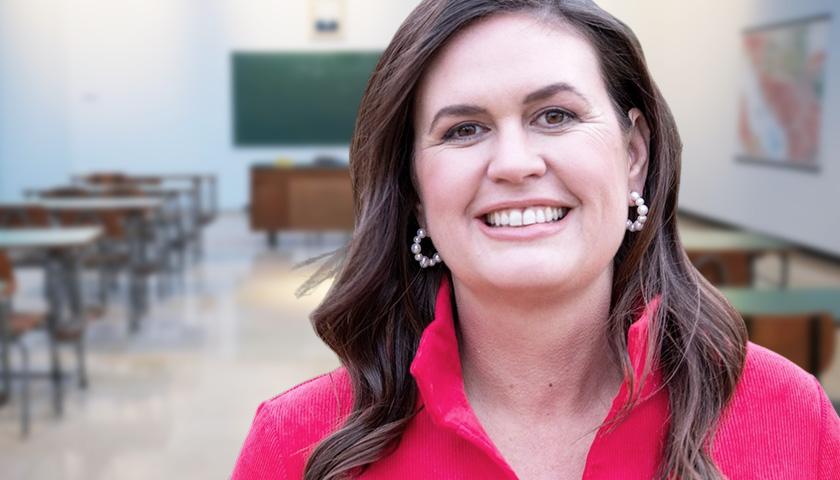With classrooms finally reopening and hundreds of billions of federal dollars earmarked for public schools, the issue of teacher pay will soon re-emerge. Before the pandemic, public school teachers were fighting against a widely perceived “teacher salary penalty.” President Biden vowed to “correct this wrong,” promising a dramatic increase in federal education funding to “give teachers a raise.” But what causes these pay differences? New Census Bureau data suggest that most teachers are paid roughly what they’d receive in other jobs. But if public schools wish to attract the best-qualified graduates to teaching, they need to stop paying the physics teacher the same as the gym teacher.
The Economic Policy Institute, a teacher-union-affiliated think tank, reports that public school teachers receive salaries about 20 percent lower than non-teachers with equal levels of experience and education.
But what does it mean for education to be “equal”? College graduates attended different institutions, majored in different fields, and received different GPAs, leading to different salaries later in life. That’s why parents encourage their children to attend more competitive colleges and, increasingly, to favor STEM fields over liberal arts majors.
Read More



